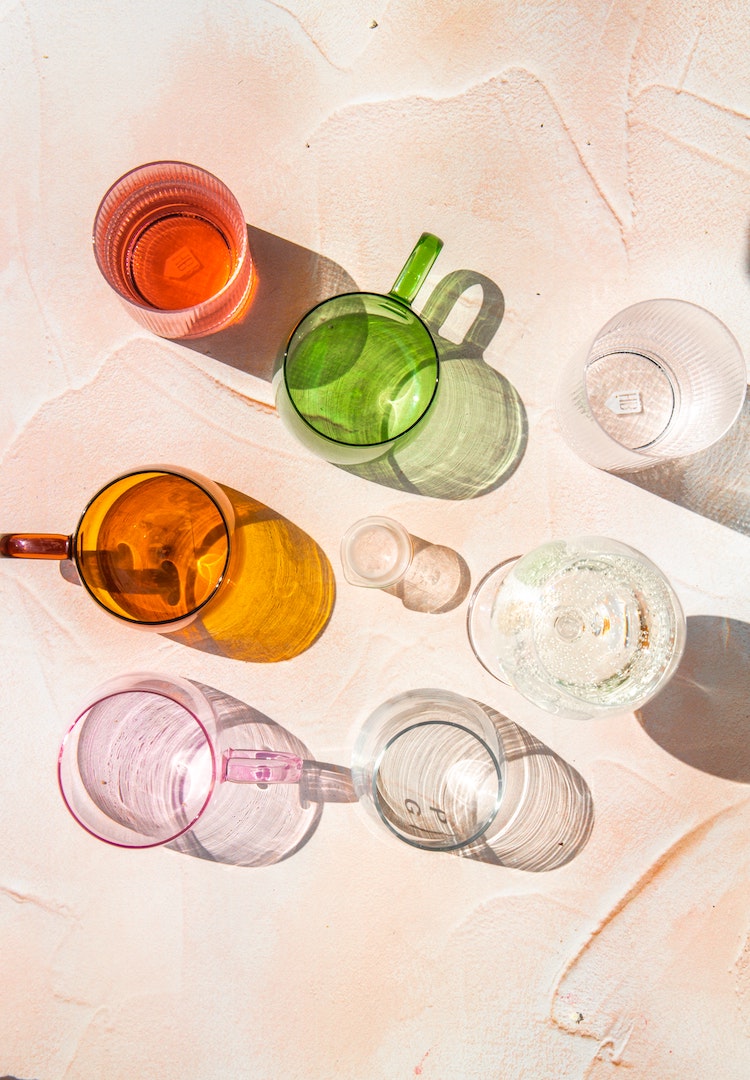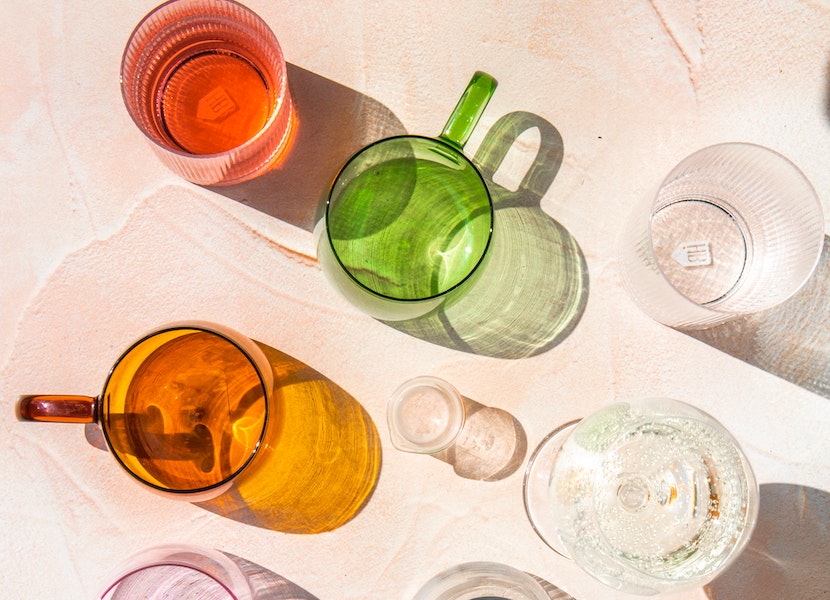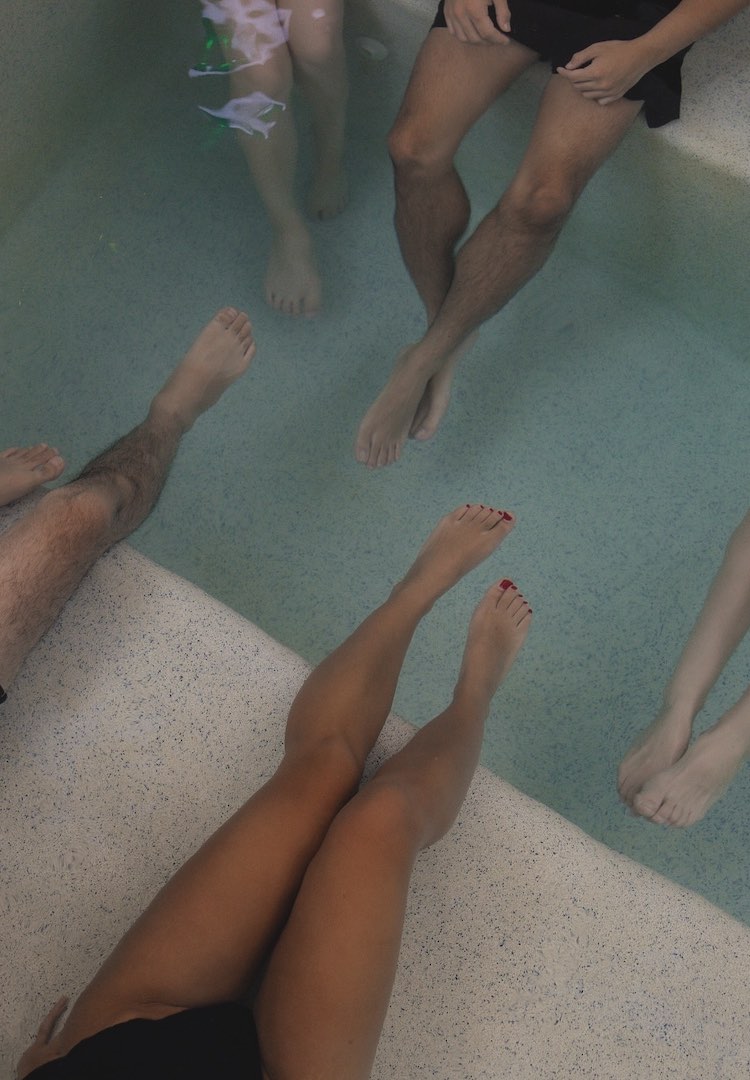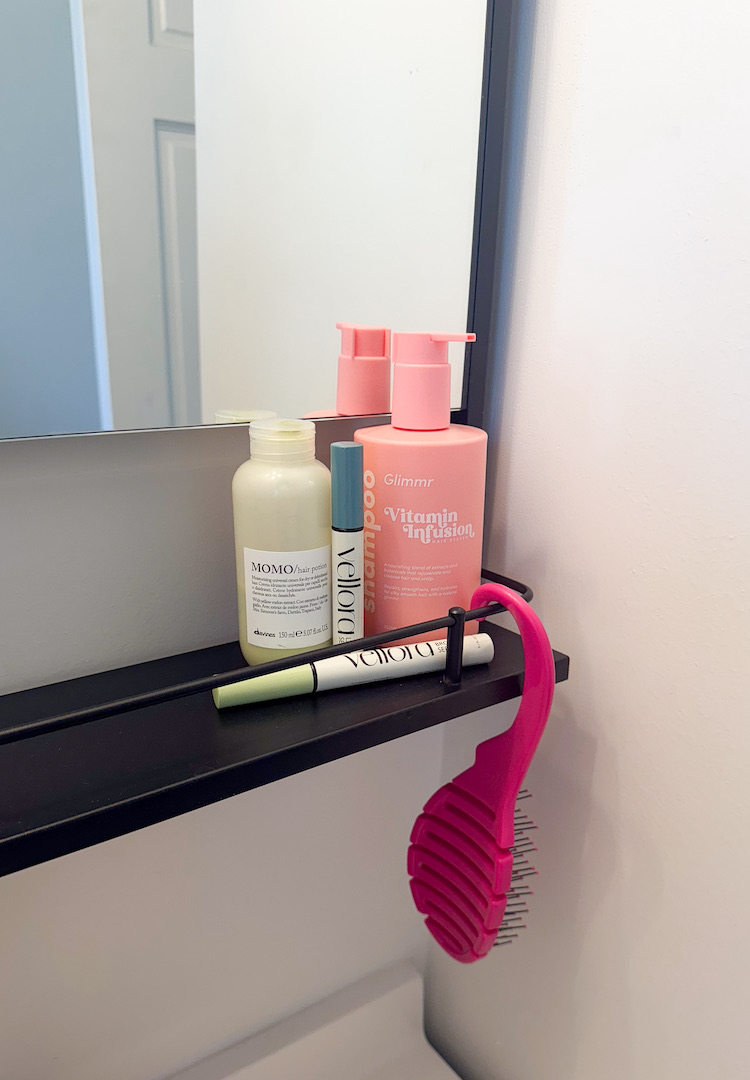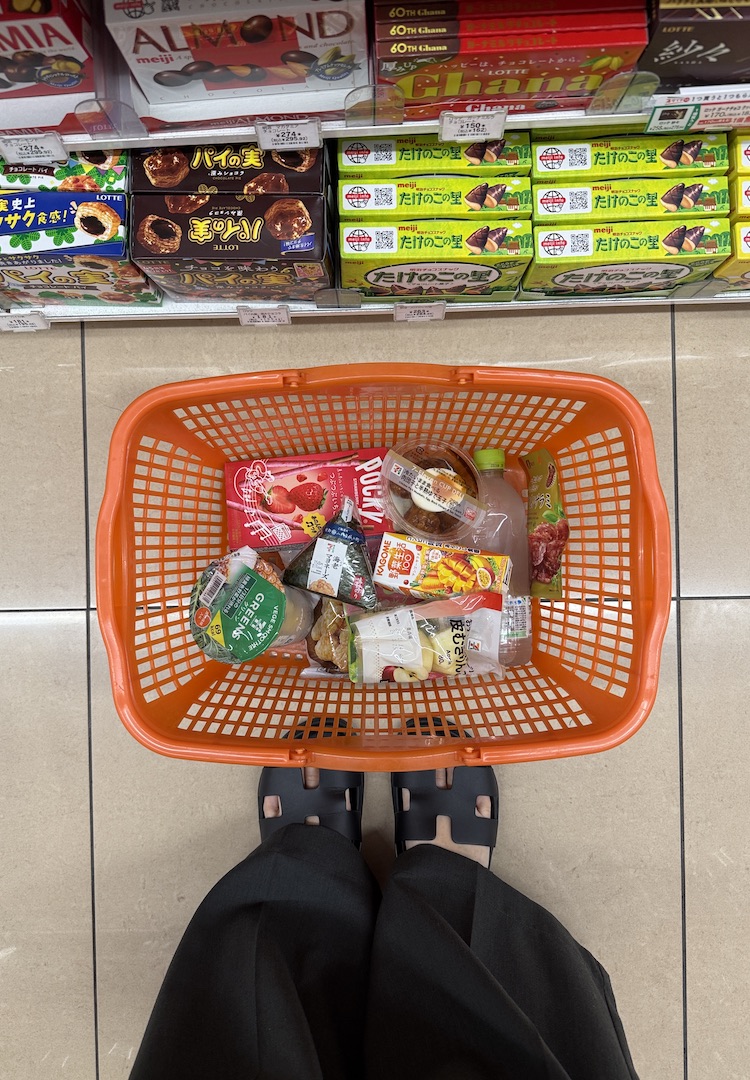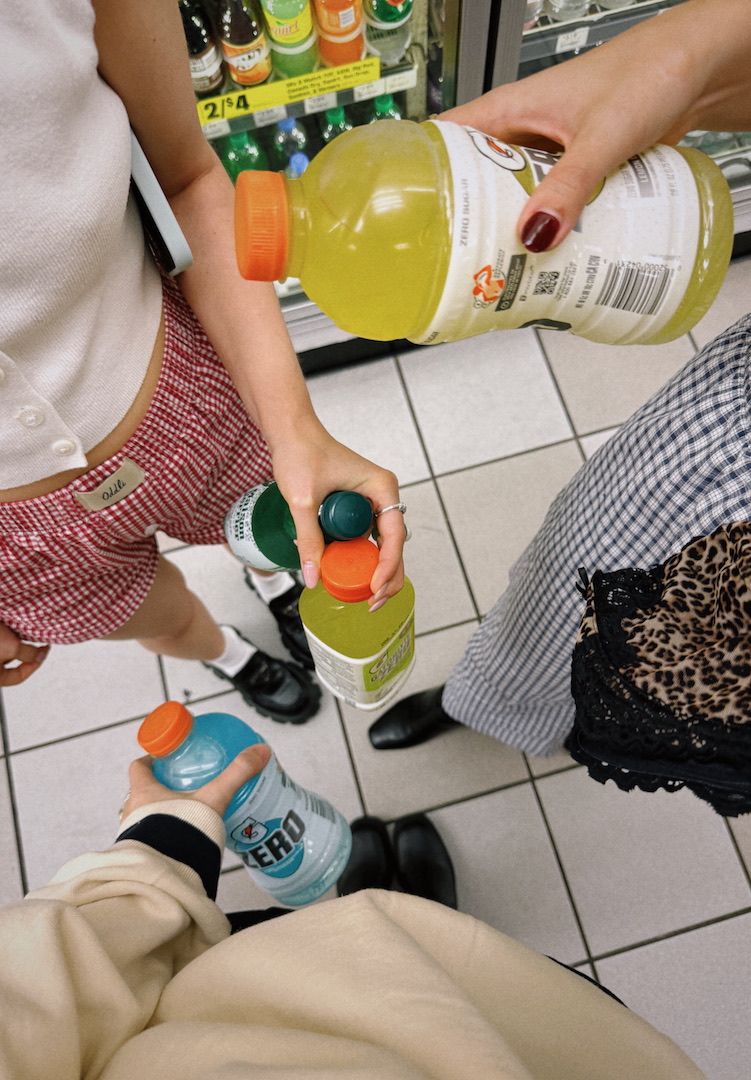How imposter syndrome impacted my sobriety journey
Content warning: This article discusses alcoholism and drug addiction.
Imposter syndrome – defined as feelings of self-doubt in your achievements and abilities – is a sensation that emerges in many aspects of our lives. I just didn’t expect to experience it in my sobriety journey.
When I researched ‘imposter syndrome in sobriety’, I found that most of the resources focused on feeling undeserving of treatment. This is an important issue, but it isn’t what’s triggering my out-of-place sensation in the sobriety community.
Looking for more thought-provoking reads? Try our Life section.
My imposter syndrome stems from feeling desperate to do sobriety right, as if there’s a set of rules I need to subscribe to in order to stay sober (rules that aren’t just the obvious ‘don’t drink’).
I’ve immersed myself in the sobriety community to create a supportive and inspirational network, as well as to help hold me accountable. However, as with any community, I’ve also found a lot of people have opinions about what you should (or shouldn’t) be doing in sobriety.
One big point of contention? Alcoholics Anonymous (AA). There’s an interesting passage in the book Cultish: The Language of Fanaticism where author and language scholar Amanda Montell writes about a friend of hers attending AA.
“Three months in AA, and this person… was suddenly speaking a foreign language,” Montell writes of seeing her friend again for the first time. While she does clarify that AA is an organisation working to help people, the similarities between cult-like behaviour and the language used in AA took her by surprise.
The paragraph didn’t surprise me. When I mentioned to my therapist I was sober, the first thing they asked was, “Have you been to AA yet?”. Within the sobriety communities, those who attend AA can do nothing but sing the organisation’s praises, and loudly. While that’s not inherently negative, it causes friction when these people imply if you didn’t attend AA, you’re inevitably going to relapse.
To find out more about imposter syndrome in sobriety, I reached out to Claire Mason (Maso, as she’s known by her followers), one-half of the podcast Booze-Free Bants. Comprised of Claire and her co-host Briana Cowan (aka Breeza), the show focuses on their individual relationships with alcohol and features regular guests that share their own sobriety journeys.
When I mention my experience with AA fanaticism to Claire, she seems surprised. “Wow! I’ve [always] felt like the sober community doesn’t judge. We all share a common goal of wanting to remove booze from our lives and we champion each other. If AA is for you, go for gold. And if it’s not a good fit, there are loads of other support groups and services.”
I ask Claire about non-alcoholic beverages. I’ve been criticised before for drinking a non-alcoholic drink that was labelled as containing ‘less than zero point five per cent’ alcohol. I was told that I wasn’t “actually sober” if I was still drinking these beverages.
“We did recently chat to a high-profile guest who drew [this issue] to our attention,” Claire tells me. “We were interested to get their take on the ‘hard no’ [approach] to alcohol-free drinks containing less than zero point five per cent. For us, [the alcohol content] is so minuscule it doesn’t even count; many foods contain the same.”
Claire points out that for some people, a non-alcoholic beverage can be beneficial to sobriety, often filling the void in their previous routine. “Enjoying the ritual, ceremony, and inclusivity of alcohol-free drinks is not a pip on what that person has had to endure in that day, week, month or years white-knuckling sobriety.”
My final question for Claire relates to the idea of ‘California sobriety’. The concept recently made headlines with Demi Lovato’s public denouncement of their previous California sober ways. Posting on their Instagram story, the singer stated that ‘Sober sober is the only real way to be’.
California sober refers to the replacement of one addictive substance with a less harmful one – for example, continuing to smoke marijuana while abstaining from alcohol. However, Demi’s feelings towards the approach have been echoed in sober communities. Many believe that in order to truly be sober, you need to abstain from all mind-altering substances.
Personally, I don’t do drugs, but I wouldn’t begrudge a sober person who did. Claire agrees. “Everyone knows their limits,” she tells me. She also shares a challenging recent experience. “I rang [my co-host] Breeza and told her ‘I just want a mood changer’. I’d been sitting in these emotions I’d normally drowned with booze… I entertained [the idea of] getting some pot.”
In this situation, Breeza talked Claire off the ledge, but Claire adds that she “pulled up swiftly because I know myself well enough… it [weed] would eventually creep into my life”.
At its core, I think my imposter syndrome in sobriety stems from fear. I’m afraid of doing sobriety wrong and relapsing. In my mind, relapse is a failure. In response to this, Claire reminds me there isn’t a right or wrong way to be sober. “Sobriety looks extremely different for everyone. Everyone just needs to stay in their own lane and keep reminding themselves of their own personal ‘why’.”
There’s a lot of truth to this statement. My ‘why’ for choosing sobriety is entirely personal, and for that reason, my methods of staying sober are entirely unique to me. My fear that others will perceive my sobriety as not legitimate has me veering – as Claire puts it – “out of my own lane”.
I’ve been getting my own journey tangled up with other people’s. My advice to others struggling with imposter syndrome in their sobriety journey is to have their eyes on the prize. And that prize? Sobriety, in whatever way works best for you.
If you or someone you know is struggling with their mental health, eating disorders or addiction, you can contact the following:
Lifeline 13 11 14
Alcoholics Anonymous 1300 222 222
Narcotics Anonymous 1300 652 820


